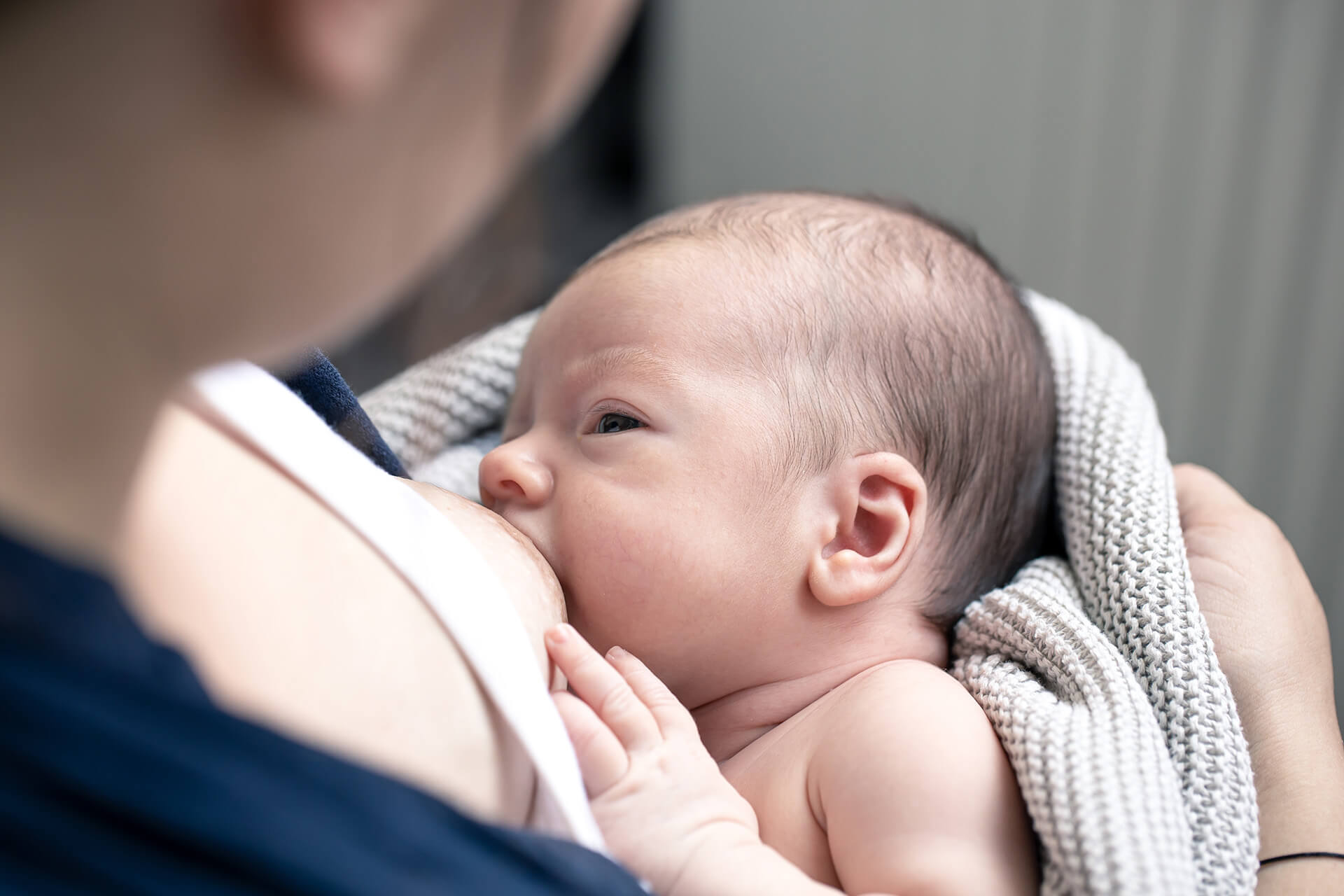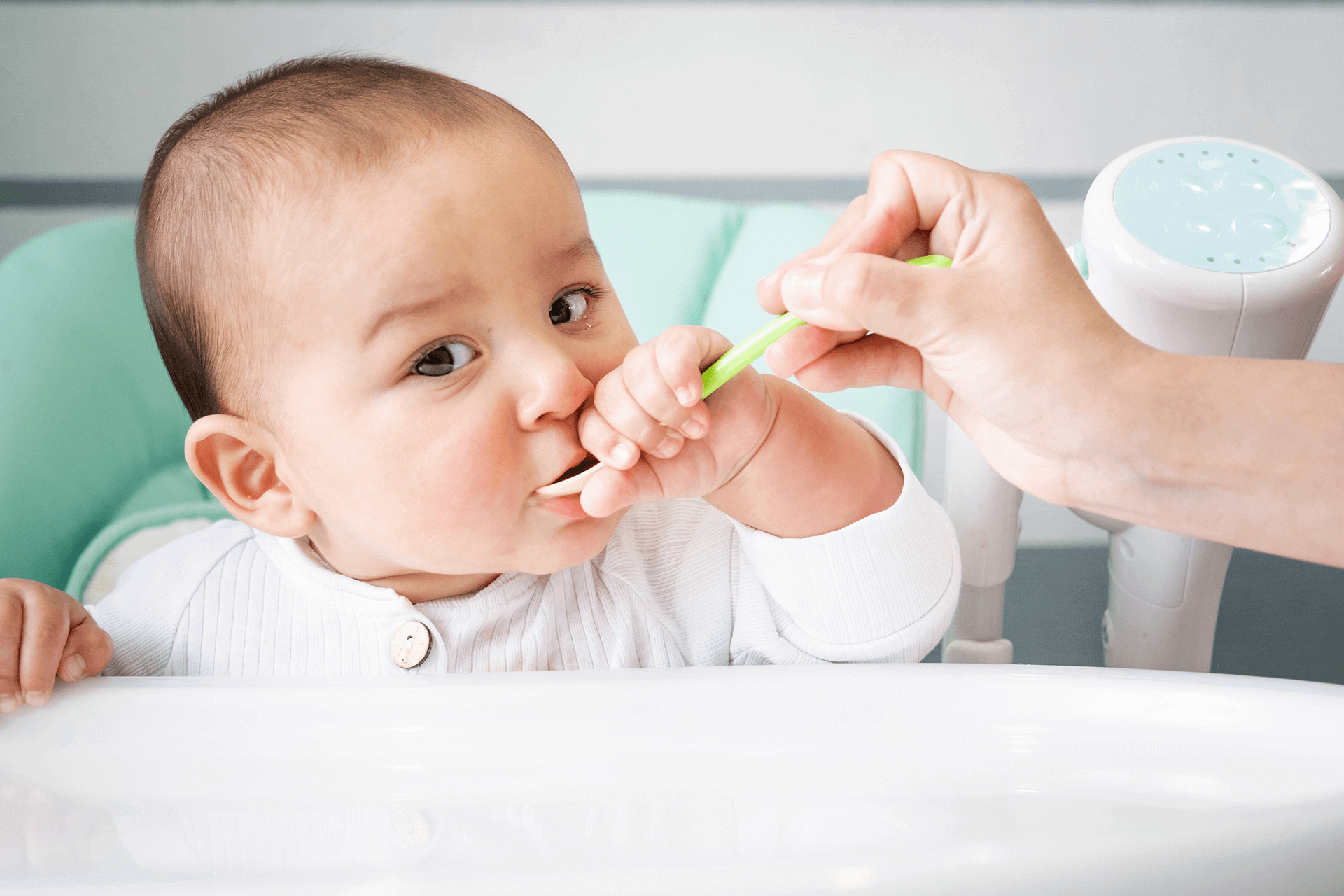Fat. It’s one of the most misunderstood nutrients out there.
As adults, many of us have been conditioned to avoid it. "Low-fat" this, "fat-free" that — we’ve been taught to fear fat as if it’s the thing standing between us and health. But here’s the truth every parent needs to know:
Babies need fat. A lot of it.
Fat is essential for their growth, development, and long-term health.
At Little Judah, we talk to parents who are trying to do everything right for their little ones — but they’re confused by mixed messages. Is fat good or bad? How much is too much? What kind of fat is best?
We’re here to clear it up for you.
You know how rapidly babies grow in their first year? That’s not just bones and muscles — it’s brain and nervous system development, too.
Fat is the fuel for all of it.
Here’s why fat is absolutely vital for babies:
In short? No fat, no development.
Your baby needs around 40 grams of fat every single day — and that’s no accident. God, in His perfect design, made breastmilk naturally rich in fat, with about 50% of its calories coming from fat. That’s how essential fat is for your baby’s brain, body, and development.
But here’s where many parents unknowingly miss the mark:
When solids begin, the focus often shifts to fruits, rice, or plain veggies — and the healthy fats and vital micronutrients get left behind.
It’s not intentional. It’s just that most baby food advice doesn’t emphasize how important fat still is beyond breastmilk or formula.
But trust this — your baby still needs those nourishing fats during weaning and beyond. It’s how their brains grow, their hormones regulate, and their little bodies thrive.
While most babies get adequate fat from breastmilk or formula in their first 6 months, problems can start to creep in when solids begin — especially if parents are cautious about using fats.
Here are some signs your baby may be running low:
The good news? These are often easy to fix — with the right fats.
Not all fats are created equal.
Let’s talk about what belongs on your baby’s plate — and what doesn’t.
This is one of the most common myths we hear from parents.
The truth is: saturated fat is not the villain it’s made out to be. In fact, human breastmilk is nearly half saturated fat. Babies thrive on it.
What matters most isn’t “saturated vs unsaturated,” but whether the fat is natural and stable, or processed and unstable. At Little Judah, we prioritize the kind of fats your baby’s body recognizes and knows how to use — the way nature intended.
While this blog focuses on babies, it’s worth noting:
So don’t be afraid to build your family’s meals around healthy fats. They’re not only safe — they’re foundational.
You might be wondering — “Is all this talk about fat just for babies, or do we still need it later in life too?”
The answer is yes — fat is essential at every stage of life.
While babies need the highest proportion of fat (around 40–50% of their daily calories!), the truth is that everyone needs a solid amount of healthy fats every day — usually over 40 grams.
For adults, the need shifts. We may not be building brains from scratch anymore, but we still need fat to fuel our minds, protect our organs, absorb vitamins, and support healthy hormone function.
And for babies and children? Fat isn’t optional. Their brains are growing at lightning speed, and fat is a vital building block for that development.
Feeling tired, foggy, moody, or always hungry?
It might not be a lack of willpower — it could be your body asking for more of the right kind of fat.
Here’s a simple table to help you visualize fat needs from babyhood to adulthood:
| Age | Daily Calorie Needs | Fat as % of Calories | Example Weight | Approx. Daily Fat Needs |
| 0-12 months | 100-120 kcal/kg/day | 40-50% | 6 months, 8kg | 44g |
| 1-3 years | 100 kcal/kg/day | 30-40% | 2 years, 12kg | 47g |
| 3-5 years | 70-80 kcal/kg/day | 25-35% | 4 years, 16kg | 40g |
| 6-8 years | 60-65 kcal/kg/day | 25-35% | 7 years, 23kg | 48g |
| 9-12 years | 35-45 kcal/kg/day | 25-35% | 10 years, 32kg | 43g |
| Teen to Adult | 20-30 kcal/kg/day | 25-35% | 30 years, 60kg | 50g |
Fat isn’t just food — it’s foundational.
If you’re a parent feeling pulled in every direction by online advice, food labels, and diet culture, we want to encourage you:
Fat is not the problem.
Your baby’s body is designed to thrive on good fat.
The key is choosing the right kind — and enough of it.
At Little Judah, we make this easier for you.
Our additive-free baby food is made with real, nutrient-dense ingredients that naturally support healthy fat intake — like coconut milk, extra virgin olive oil, and high-quality animal proteins. We never use industrial seed oils, fillers, or gimmicks.
And because packaging matters too, we say no to plastic pouches — our food comes in safe, reusable glass jars that preserve both the food and your peace of mind.
Your baby deserves clean, nourishing fuel in every bite — and a future built on strong foundations.
So yes — embrace the fat. Your baby’s brain, body, and future will thank you.
https://www.ncbi.nlm.nih.gov/books/NBK562207
https://www.utmb.edu/pedi_ed/Obesity/page_23.htm
https://sprintmedical.in/blog/weight-and-growth-chart-for-kids


